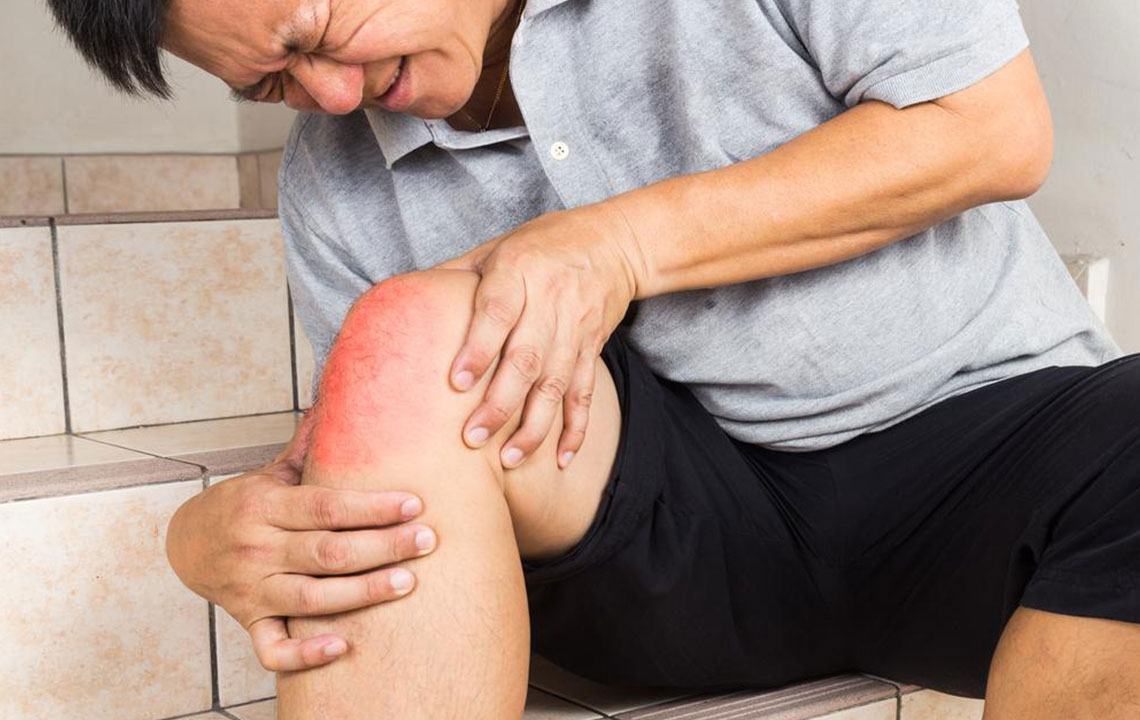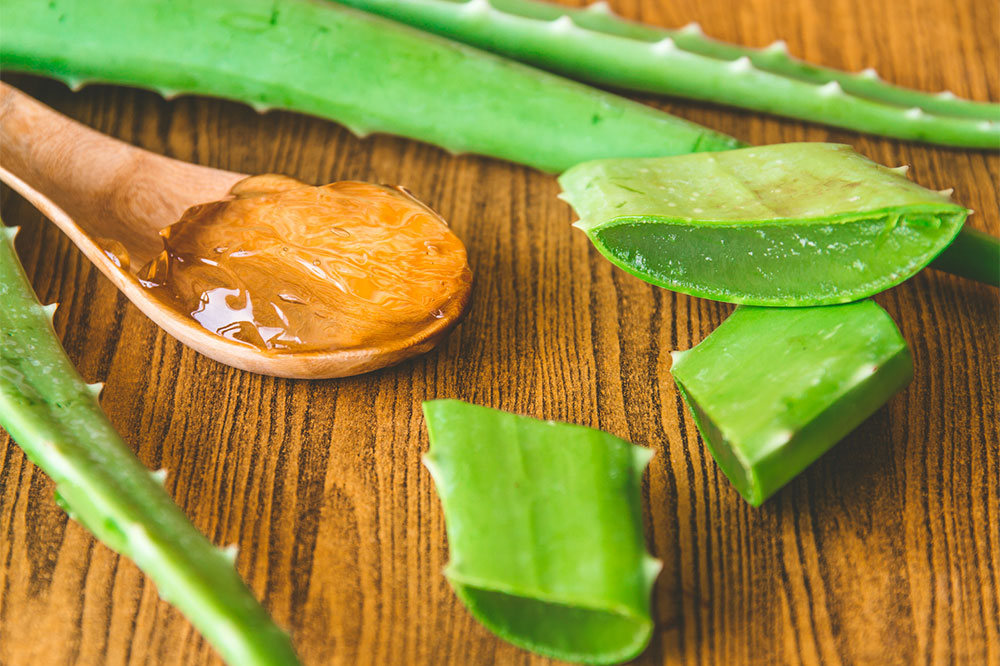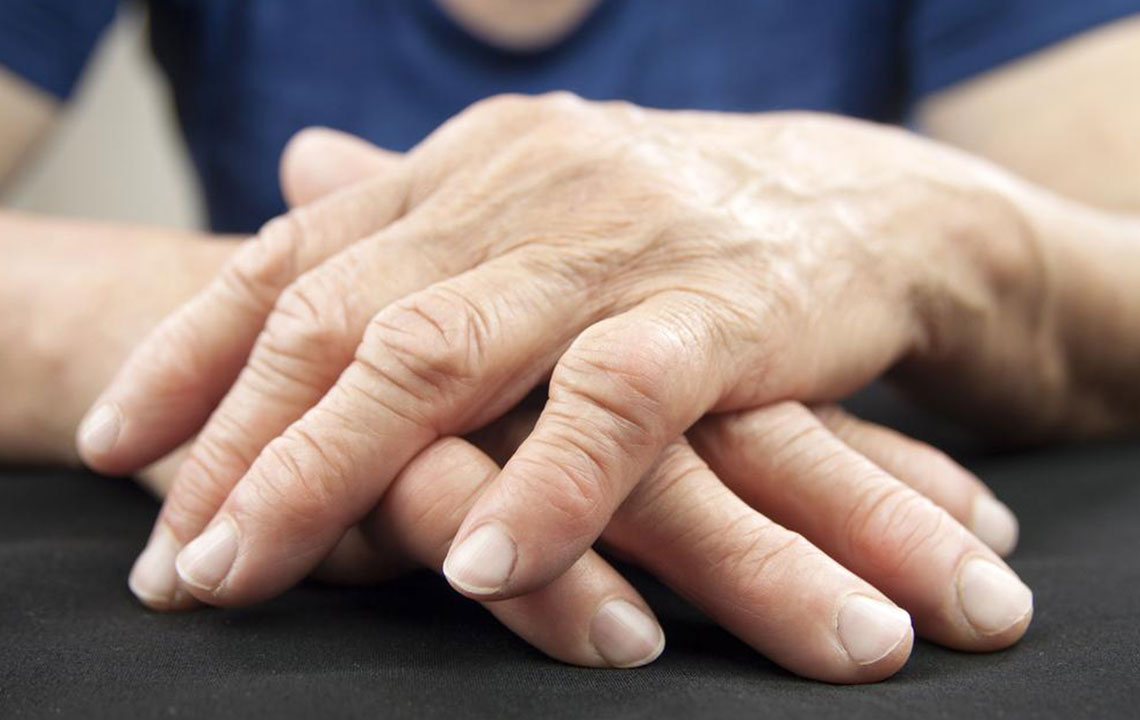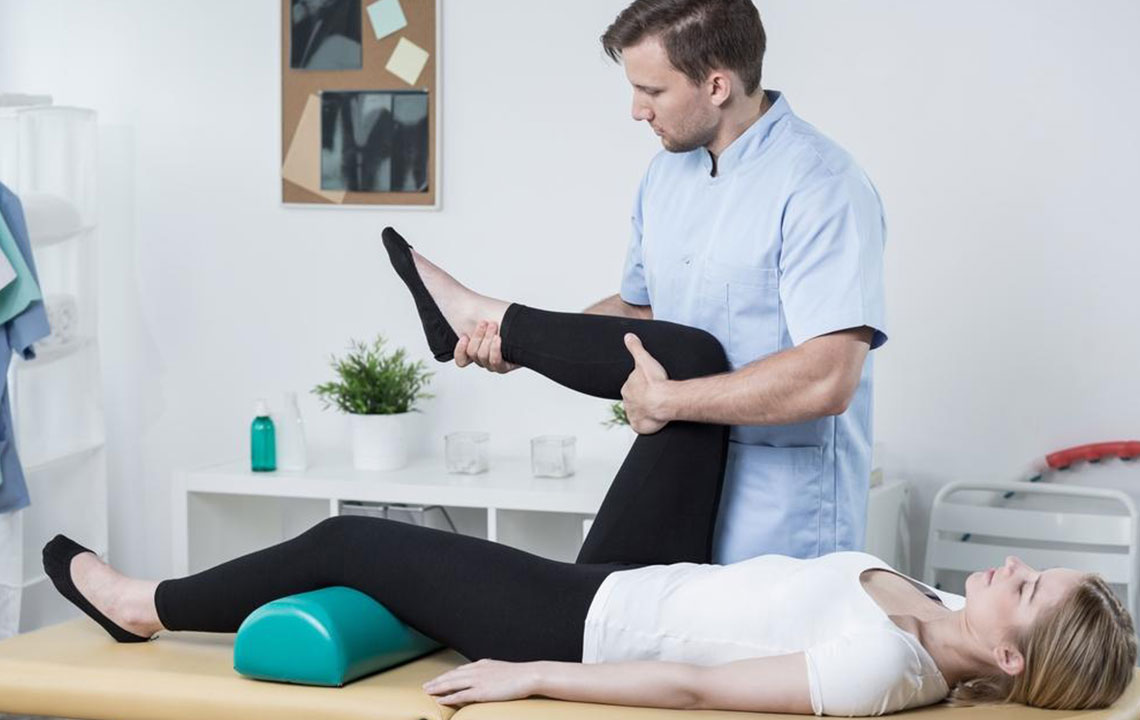Comprehensive Natural Remedies to Relieve Joint Pain and Improve Mobility
Discover comprehensive natural remedies for joint pain relief, including anti-inflammatory teas, mineral supplements, dietary fats, and lifestyle tips. These safe, effective strategies can help reduce inflammation, ease stiffness, and improve mobility. Learn how to incorporate herbs, minerals, and exercise into your routine for healthier joints and enhanced quality of life, with guidance on when to seek medical advice for persistent symptoms.
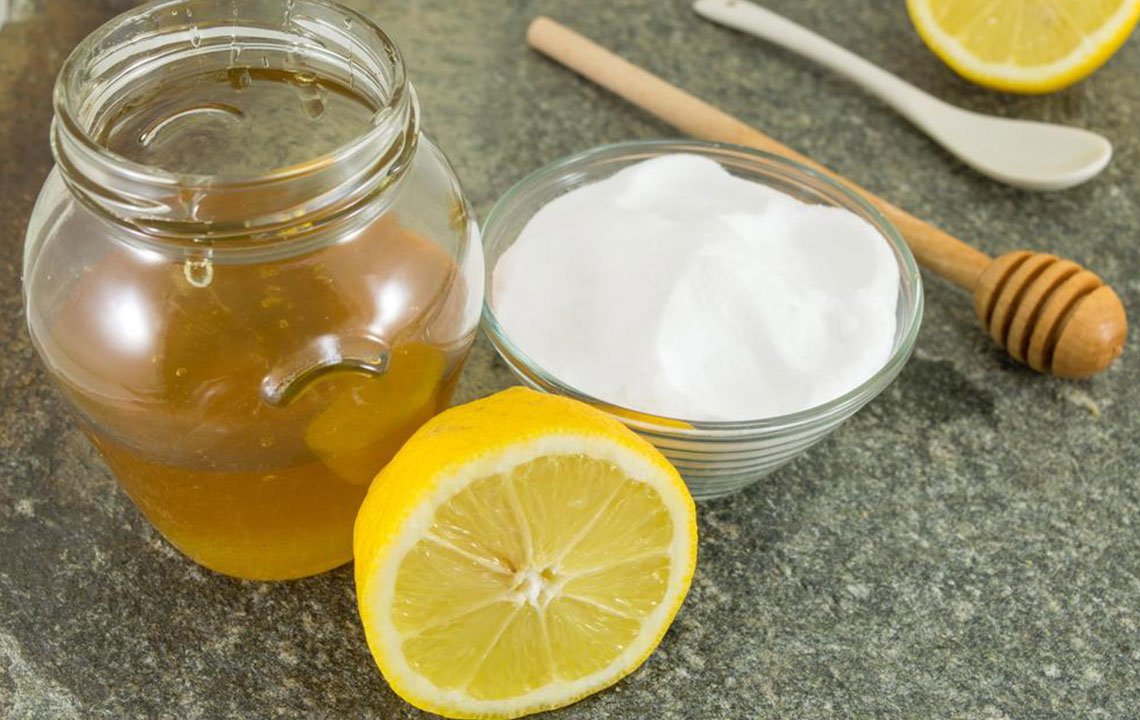
Effective Natural Approaches to Manage Joint Discomfort
Joint pain and discomfort are widespread issues affecting millions of people worldwide, particularly as they age. The natural aging process, combined with lifestyle factors such as prolonged inactivity, can lead to weakened joints and diminished mobility. Over time, the cartilage cushioning your joints deteriorates, bones may rub against each other, and inflammation can set in, causing persistent pain. Conditions like osteoarthritis and rheumatoid arthritis are the most common culprits behind joint discomfort, each with distinct causes but overlapping symptoms.
Understanding these conditions is essential for adopting effective natural remedies that can provide relief and improve the quality of life. Many individuals prefer home-based solutions due to their safety, accessibility, and affordability, making it possible to manage mild to moderate joint issues without immediate reliance on pharmaceutical drugs. Here, we'll explore a variety of natural remedies backed by traditional use and emerging scientific evidence that can help soothe joint pain and promote joint health.
Understanding the Causes of Joint Pain
Joint pain can stem from various sources, including inflammatory conditions, wear and tear, injuries, or autoimmune responses. Osteoarthritis, the most common form of arthritis, results from the gradual loss of cartilage—the smooth tissue cushioning the ends of bones within joints. As cartilage wears away, bones may begin to rub against each other, leading to pain, swelling, and reduced mobility.
Rheumatoid arthritis, on the other hand, is an autoimmune disorder where the immune system mistakenly attacks synovial membranes, resulting in inflammation, swelling, and potential joint deformity. Both conditions, although different in origin, involve inflammation that can be minimized through natural anti-inflammatory strategies.
Natural Ways to Alleviate Joint Discomfort
Many effective home remedies focus on reducing inflammation, strengthening joint tissues, and improving overall joint function. Incorporating certain foods, topical applications, and lifestyle changes can play a vital role in managing symptoms and prolonging joint health.
1. Ginger and Turmeric Infusions
Ginger and turmeric have long been heralded for their potent anti-inflammatory and antioxidant properties. Incorporating these spices into your daily routine can help reduce joint inflammation and alleviate associated pain. Making herbal teas infused with ginger slices or turmeric powder is simple and effective. Turmeric contains curcumin, a powerful antioxidant that not only fights oxidative stress but also inhibits enzymes responsible for inflammation. Consuming these teas regularly can slow down the progression of joint deterioration and provide symptomatic relief.
2. Epsom Salt Baths for Joint Relief
Epsom salt, composed of magnesium sulfate, is a traditional remedy for joint discomfort. Soaking in a warm bath with Epsom salts allows magnesium to be absorbed transdermally, which can help relax muscles, reduce swelling, and ease stiff joints. Magnesium plays a crucial role in over 300 enzymatic functions within the body, including supporting healthy muscle and nerve function. For individuals suffering from arthritis or general joint stiffness, Epsom salt baths can be a calming and therapeutic addition to their routine, especially when used regularly.
3. Increasing Dietary Magnesium for Joint Comfort
Magnesium is an essential mineral intricately involved in bone formation, muscle function, and immune regulation. A deficiency in magnesium can exacerbate joint stiffness and pain. Natural sources of magnesium include dark leafy greens like spinach and kale, nuts such as almonds and cashews, seeds, beans, and whole grains. For convenience, magnesium supplements or topical magnesium oils can serve as adjuncts. Applying magnesium oil directly on sore joints enables direct absorption and can provide immediate relief from discomfort.
4. The Healing Benefits of Extra Virgin Olive Oil
Extra virgin olive oil (EVOO), a staple of the Mediterranean diet, boasts anti-inflammatory qualities primarily due to its abundance of oleocanthal—a compound that mimics the action of traditional anti-inflammatory drugs like ibuprofen. Consuming raw, unheated EVOO preserves its oleocanthal content, making it beneficial for joint health. Using EVOO in salads or as a finishing oil on dishes can help lubricate joints, reduce inflammation, and support overall joint function. It is advisable to avoid heating EVOO excessively to retain its therapeutic compounds effectively.
5. Incorporating Dandelion Leaves for Inflammation Reduction
Dandelion leaves are rich in vitamins A and C, which are essential for tissue repair, immune support, and detoxification. They contain linoleic acid, which exhibits anti-inflammatory effects that can help manage joint swelling and pain associated with rheumatoid arthritis. Including dandelion leaves in salads, smoothies, or teas offers a natural, nutrient-dense approach to joint health. They also help detoxify the liver, enhancing overall metabolic health, which indirectly benefits joint repair processes.
6. The Importance of Regular Exercise
Maintaining an active lifestyle is crucial for joint preservation. Gentle physical activity, such as walking, swimming, yoga, or tai chi, improves joint flexibility, strengthens the muscles surrounding joints, and prevents the synovial fluid from thickening. Regular movement also aids in maintaining a healthy weight, minimizing stress on weight-bearing joints like the knees and hips. It’s essential to select appropriate low-impact exercises that do not exacerbate joint pain and avoid overexertion, which can lead to further inflammation. Consulting a physical therapist or healthcare professional can help design a suitable exercise program tailored to individual needs.
Summary and When to Seek Medical Advice
While natural remedies can significantly reduce joint discomfort and enhance mobility, persistent or worsening pain warrants professional medical evaluation. A healthcare provider can properly diagnose the underlying cause of joint issues and recommend appropriate treatment options, which may include physical therapy, medications, or minimally invasive procedures. Combining natural strategies with medical guidance can optimize joint health, reduce pain, and prolong the functional lifespan of your joints.
Implementing these natural remedies and lifestyle modifications can lead to improved joint comfort, greater mobility, and a better quality of life. Always remember that early intervention and consistent care are key to managing joint health effectively.

